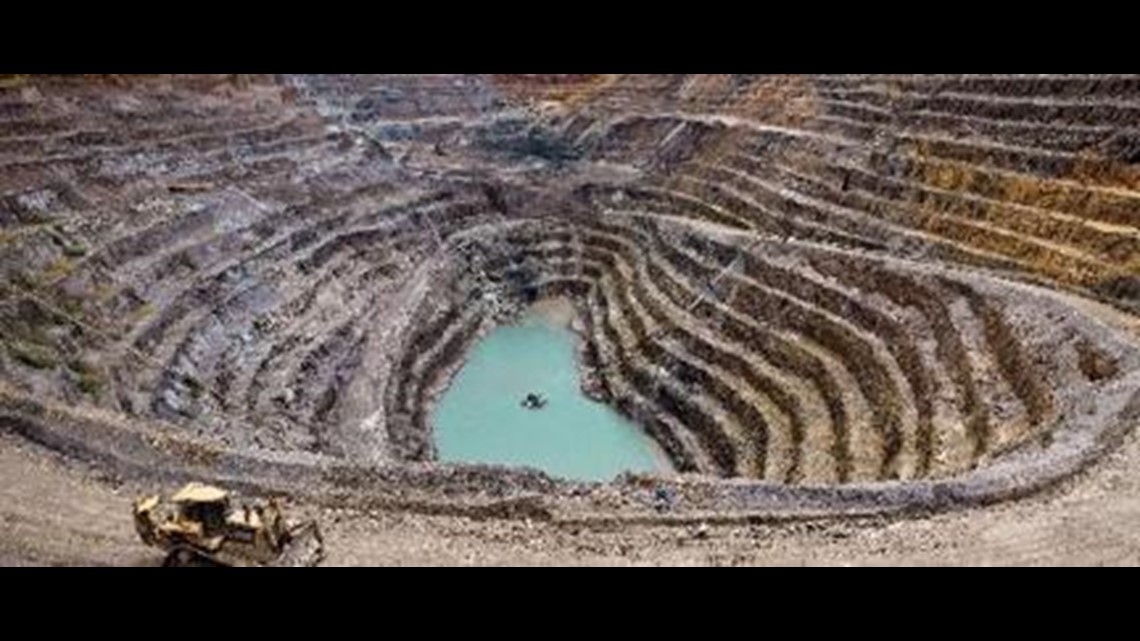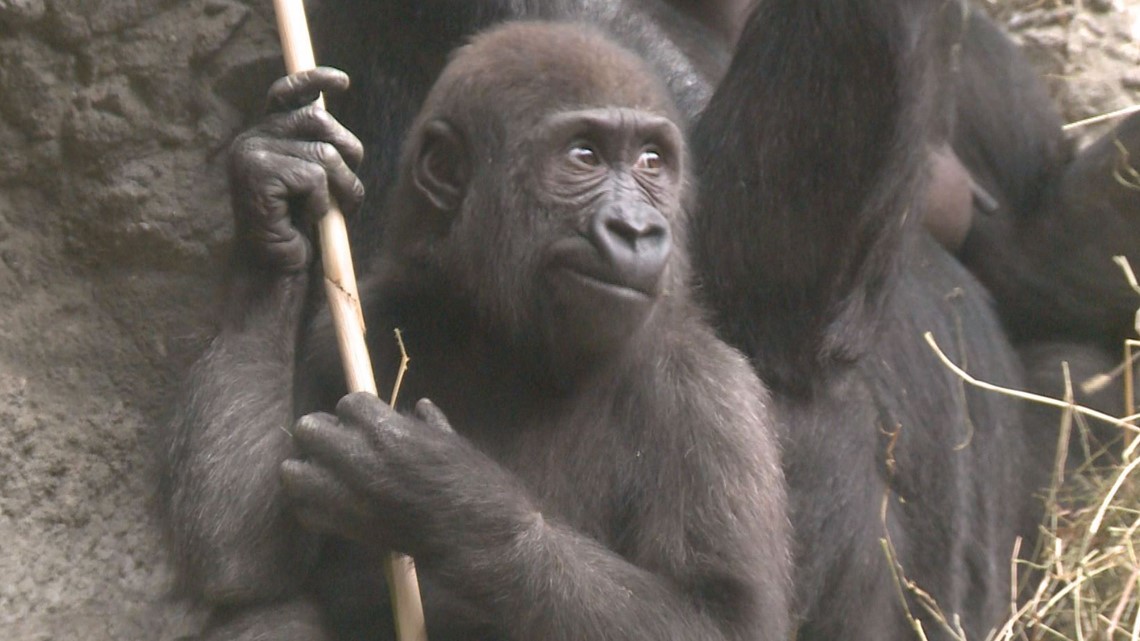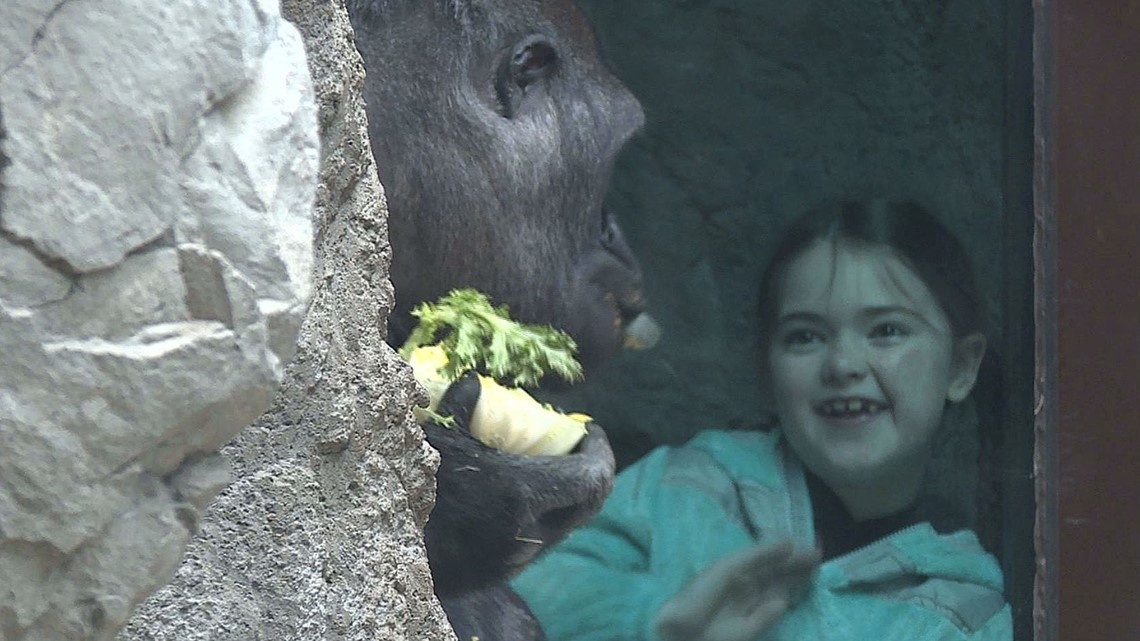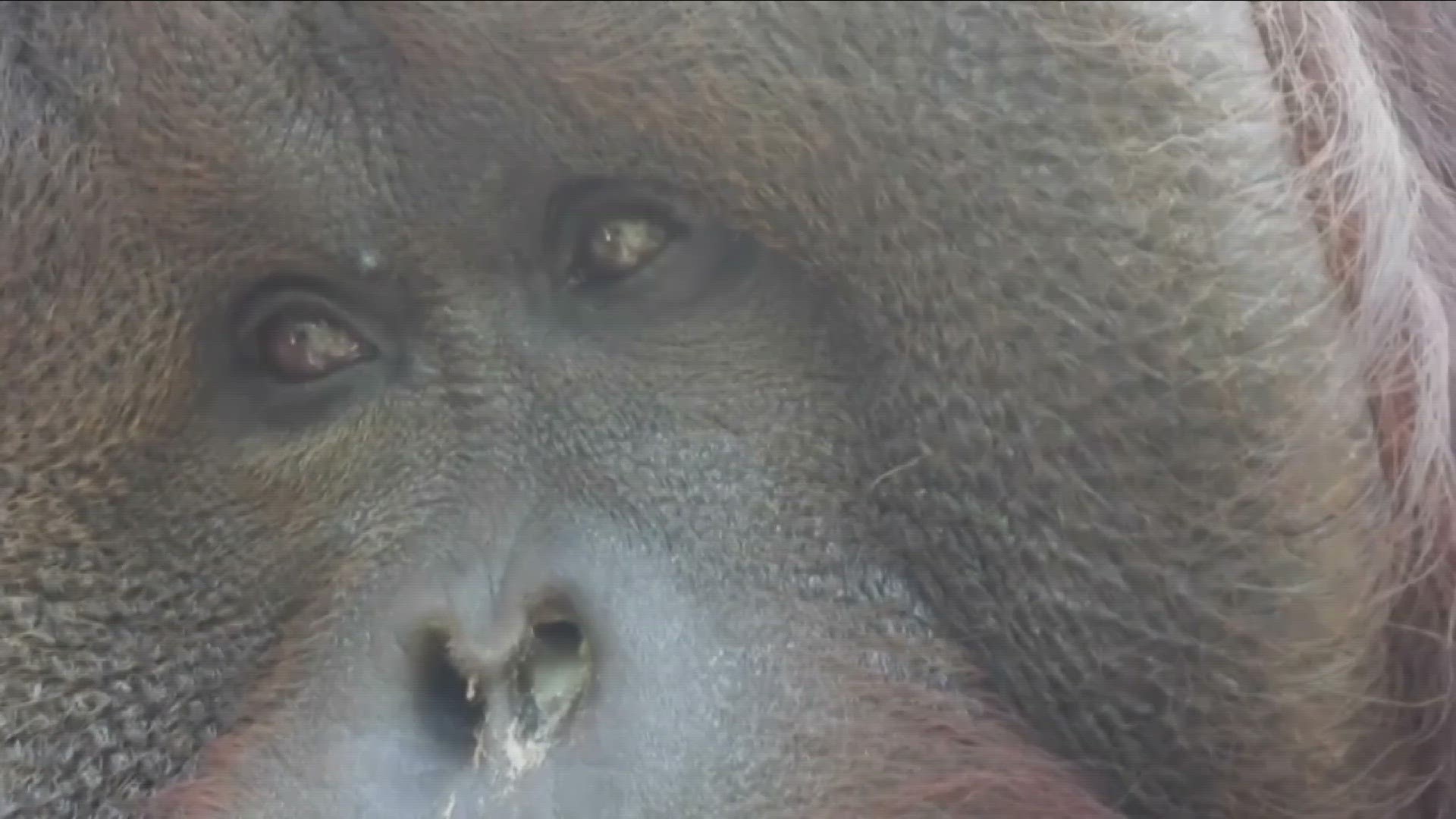BUFFALO, N.Y. — Daily habits often become mindless but it's important to try to keep in mind how those routines can have an effect on life a world away.
Apes are native to Africa and Asia, yet suffer because of human actions on this side of the planet. The mining of Colton, an important component of cellphone parts, is having a negative impact on Gorillas in Africa. Stephanie Hurst is Primate Zookeeper at the Buffalo Zoo.
"Cellphones are kind of a big proponent to gorillas losing their habitat. As we buy newer cellphones, which require newer parts, then there's mining happening in those habitats, which causes deforestation, people are coming in, spreading disease."


Palm Oil is another common ingredient in a number of items we use on a daily basis. Hurst says that rainforests that once provided the perfect habitat for Orangutans are being bulldozed in favor of Oil Palm plantations.
"The biggest threat they're facing in the wild is deforestation, which comes with mining, which comes with human encroachment as populations are booming, as agriculture is being moved into more wild areas, so their forests are becoming smaller and smaller."
The result, for the primates, is predictable. Ape populations have declined for decades, and a Princeton University study predicts a further drop of up to 80% within the next thirty years.
"They are critically endangered. There are some populations that are in the hundreds when they used to be in the thousands," said Hurst.


The Buffalo Zoo is doing its part for ape conservation. The Species Survival Plan is a breeding program for apes and other threatened and endangered species, with the goal to conserve healthy populations in zoos.
"There's a large movement in zoos to conserve the species as best we can. There's a Species Survival Plan, which pairs Gorillas, pairs Orangutans together and kind of builds that population within zoos," Hurst said.


Their dwindling but still wild populations represent hope. Education and awareness do too. It's up to the human primate to take responsibility for our ape cousins.
"I always like to tell people to be conscious of the things they buy. Like the cellphone thing, you can recycle your phone, you can recycle your phone here at the Buffalo Zoo." Hurst adds. "It's just being conscious about the environment, and just thinking about things before you act."

